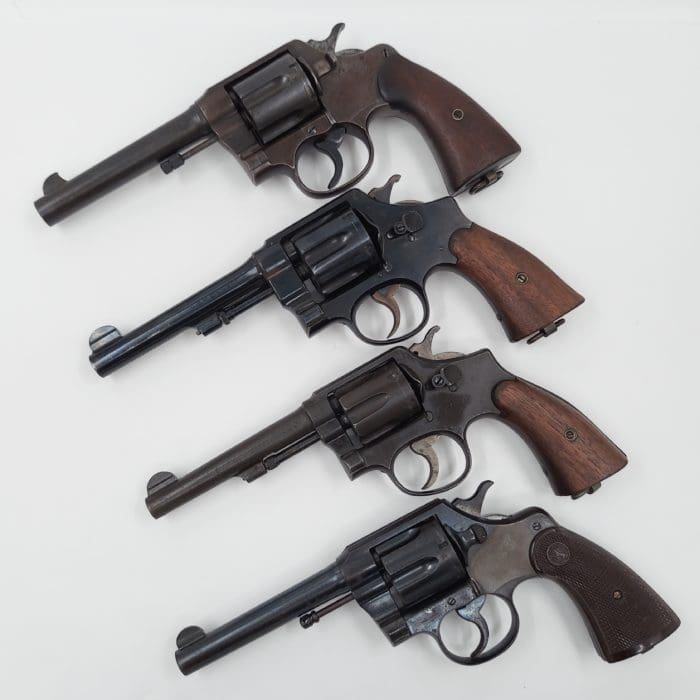
Colt and Smith & Wesson…two iconic American firearm manufacturers. These are the names that come to mind when it comes to classic Americana for pistols and revolvers. Their glory days, some would argue, were the first half of the 20th century, when they dominated the markets both stateside and across the globe.
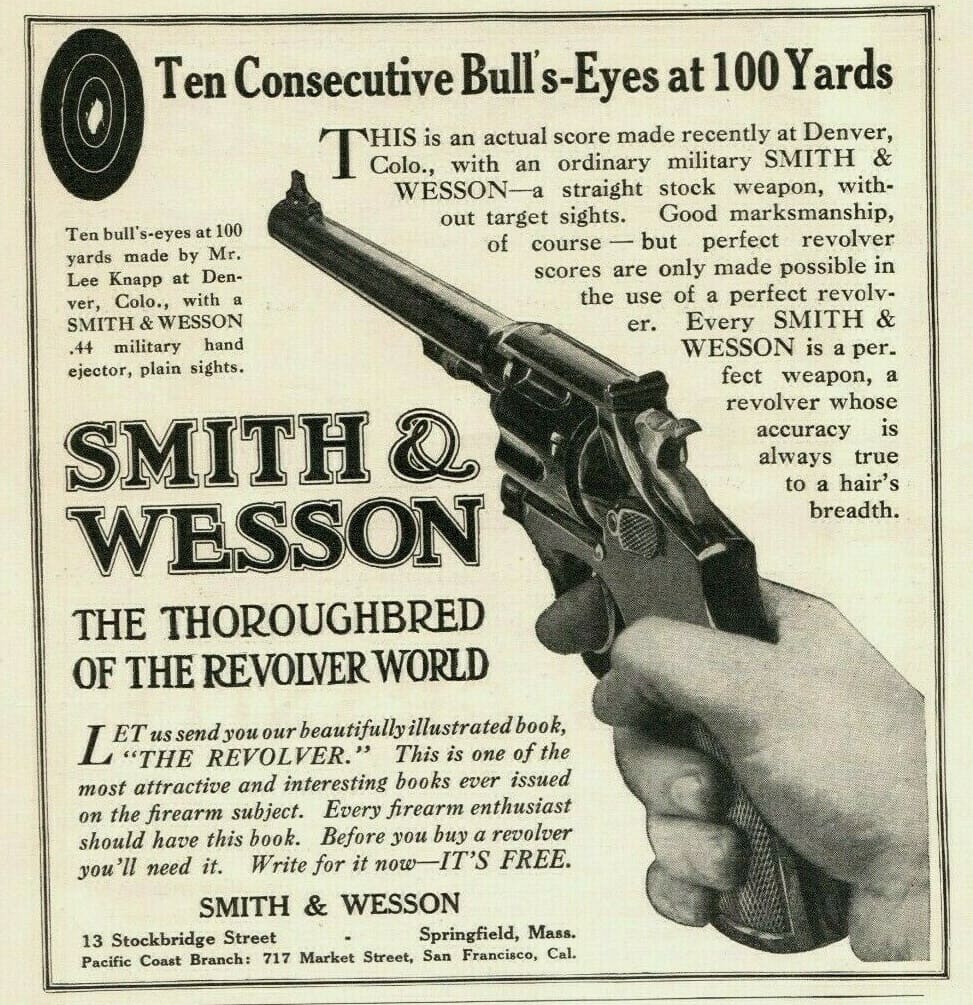
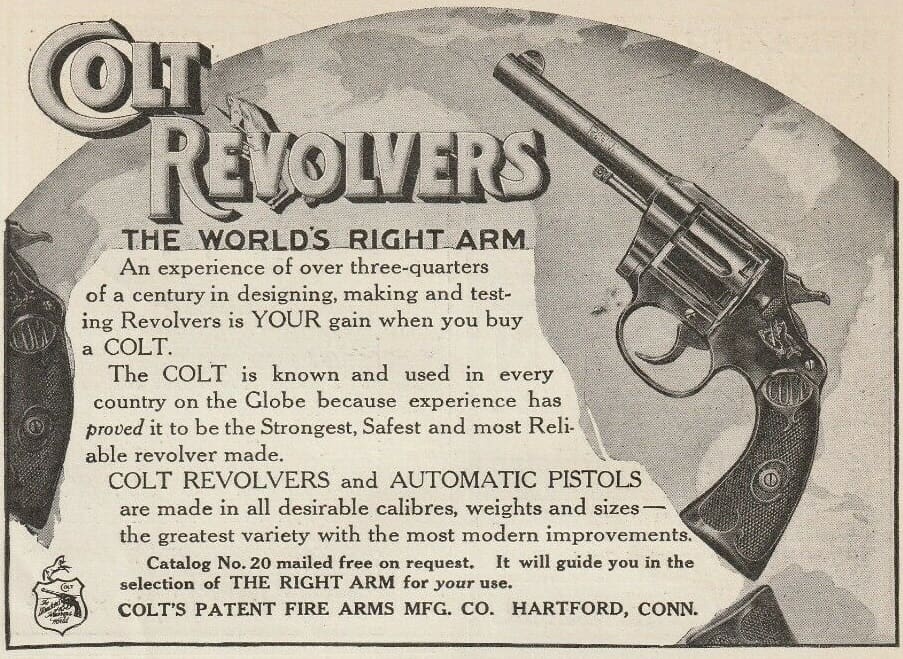
And like many large firms at the time, when the world went to war in 1914, Big Blue and the Prancing Pony did, too.
Both companies supplied their guns to the various Entente Powers. Colt also had a contract with the US Government to supply relatively new M1911 automatics. But when the United States officially entered the war over there, the military was critically short on everything, including handguns. M1911 pistols couldn’t be made fast enough.
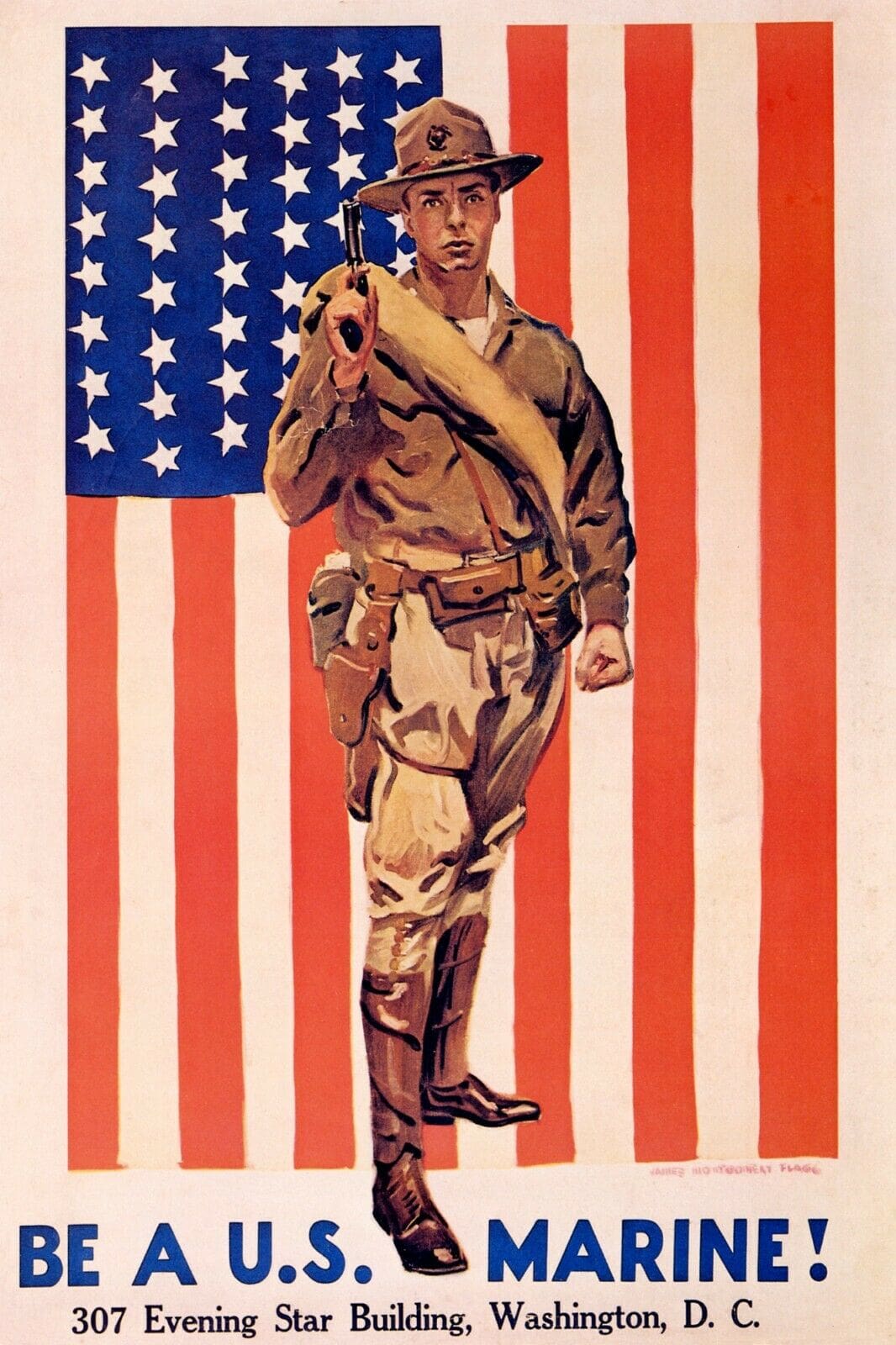
Colt and S&W were already filling contracts for the British and Canadians with .455 Eley chambered revolvers. Colt sold the British empire it’s New Service Revolver and S&W selling them their Triple Lock. Both were large-framed revolvers chambered in cartridges like the .45 Colt, .44 Russian, .44 Special, and .44-40 WCF, so making the guns in .455 Eley wasn’t a huge change.
Since the United States was critically short on M1911s as mentioned, the US Government wanted a substitute standard chambered in .45 ACP to be made as a stopgap. A solution was developed by Big Blue’s own Joseph Wesson. He invented and patented the half-moon clip for reloads, and at the request of the US Army, allowed Colt to also use the design free of charge in their revolvers.
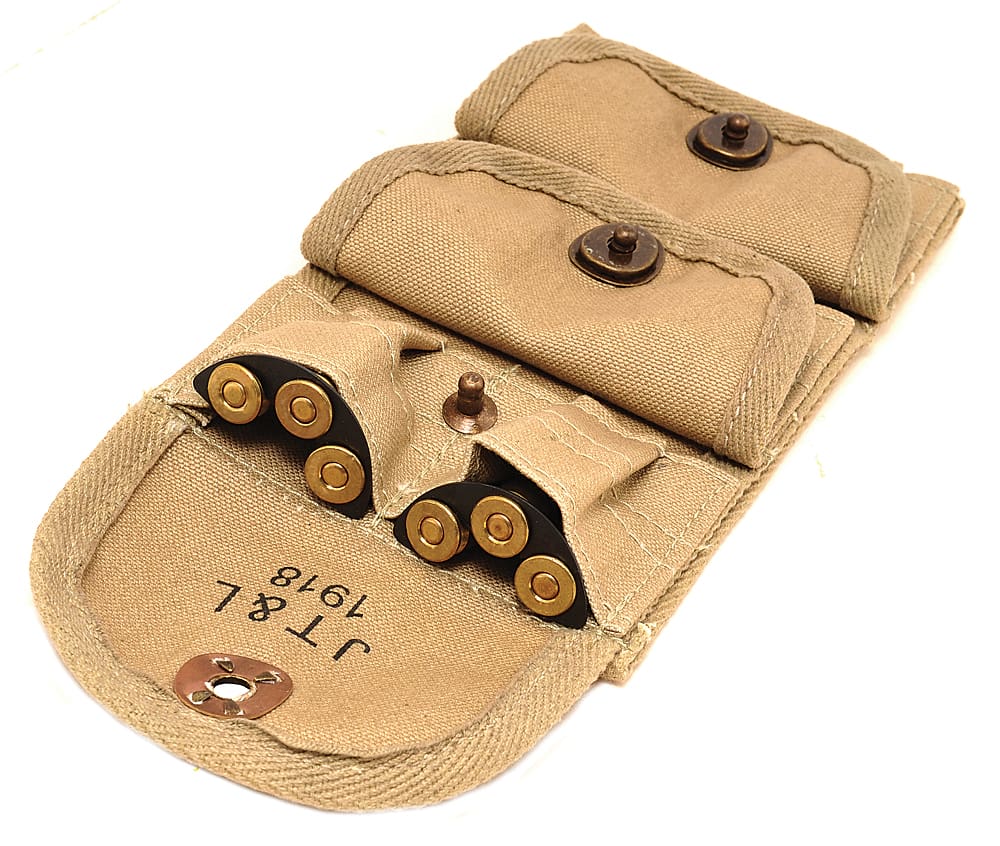
Thus, the Model 1917 .45 ACP chambered revolver was born and went into service.
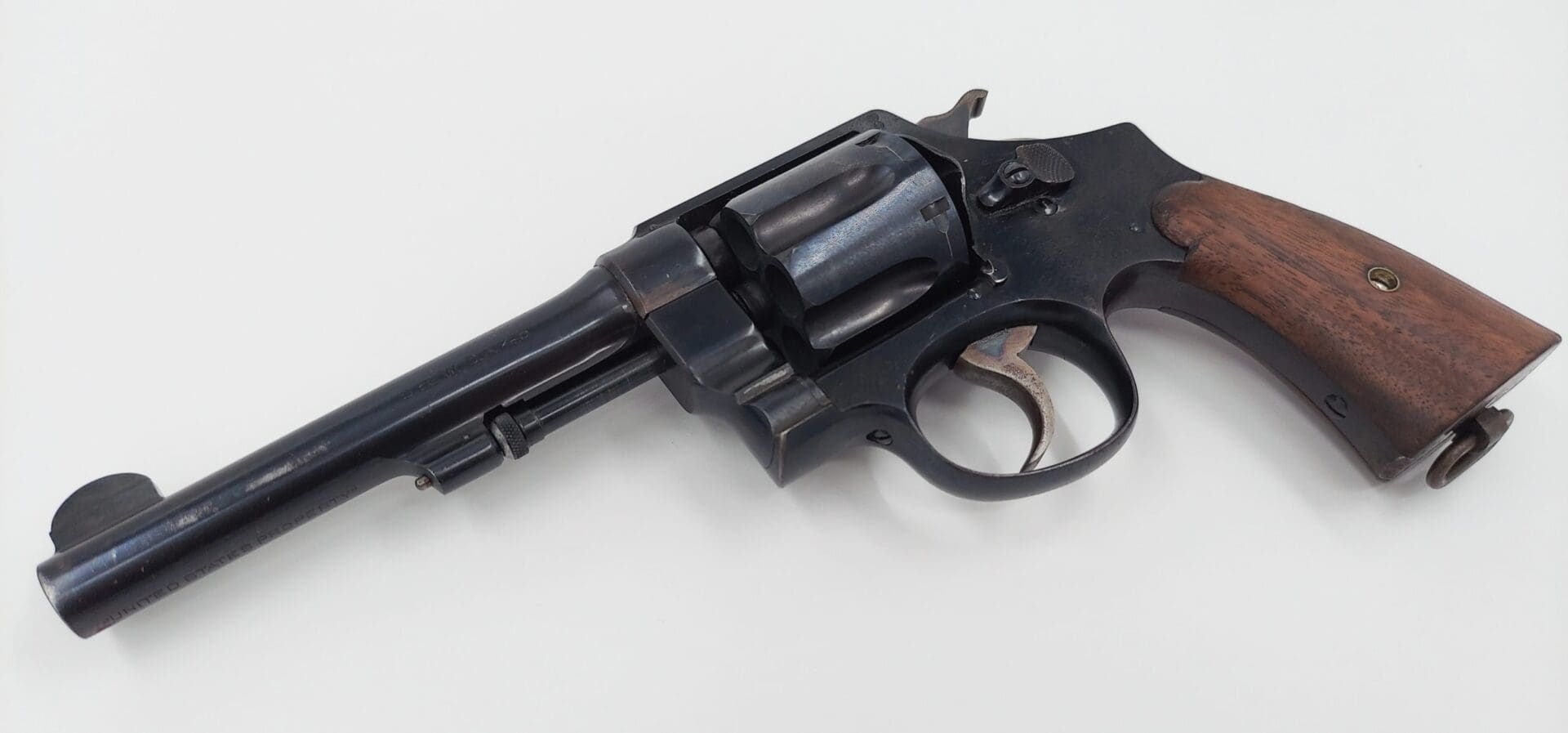
The M1917s slogged through the trenches of the western front and did it without issue for the most part.
From 1917 to 1919, Colt and Smith & Wesson produced a total of 151,700 and 153,300 M1917 revolvers respectively. American Doughboys loved them, so much so that after the war, the guns continued to be made for the commercial market.
Peters Cartridge Company (later purchased by Remington Arms in 1934) invented the .45 Auto Rim so the guns can be fired without the need for moon clips, but that’s a story for another day.
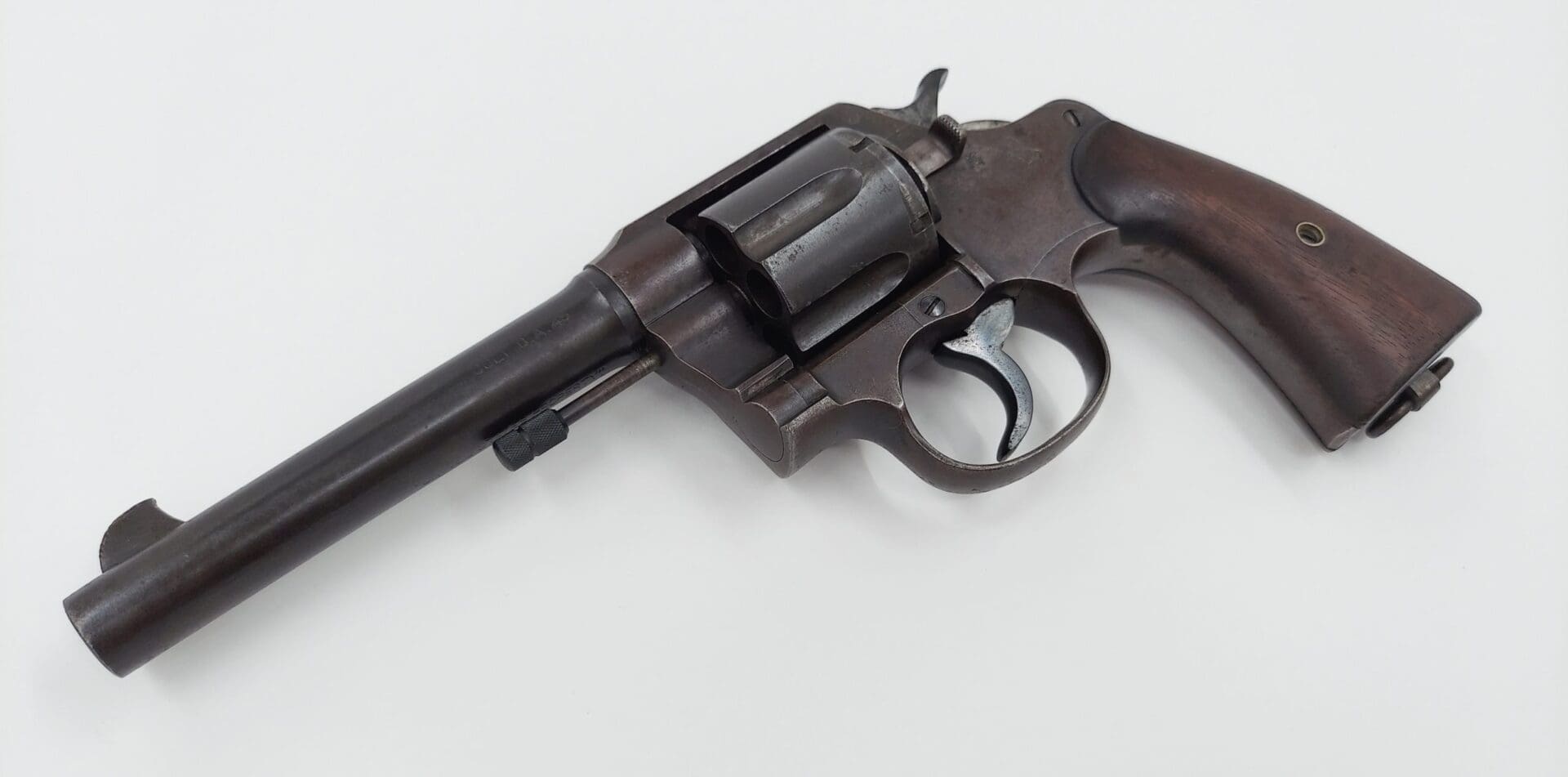
After the Great War, these guns were sold off as surplus, transferred to other government agencies, or kept in military armories. They saw service again in the Second World War and did their duty.
With WWII, we look at another pair of revolvers from the Big Blue and the Prancing Pony. Prior to WWI, both companies also produced medium framed revolvers chambered for .38 caliber cartridges. Colt had their Official Police and S&W had their Military & Police Model 1905. Both were popular sellers, but it was during WWII that these guns went into British Service as a substitute standard.
Prior to WWII, the British empire replaced their Webleys, Colts, and Smiths chambered in .455 Eley with a smaller framed top-break chambered in .38/200 (.38 S&W).
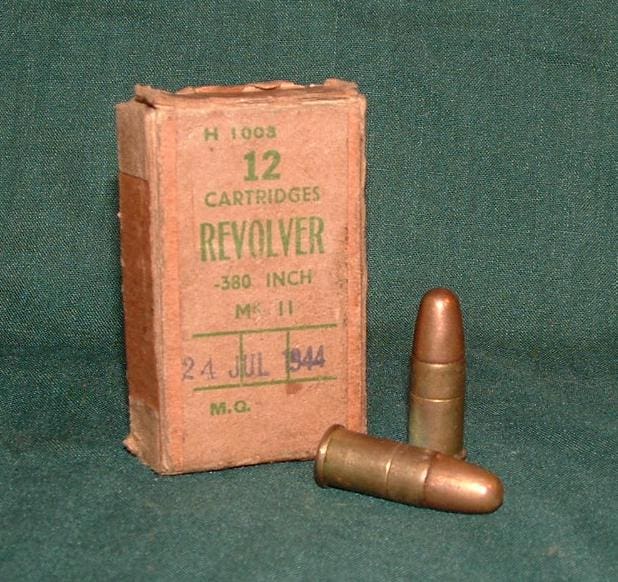
They had the Enfield No. 2 in service and the Webley Mark IV as their official service pistol going into WWII.
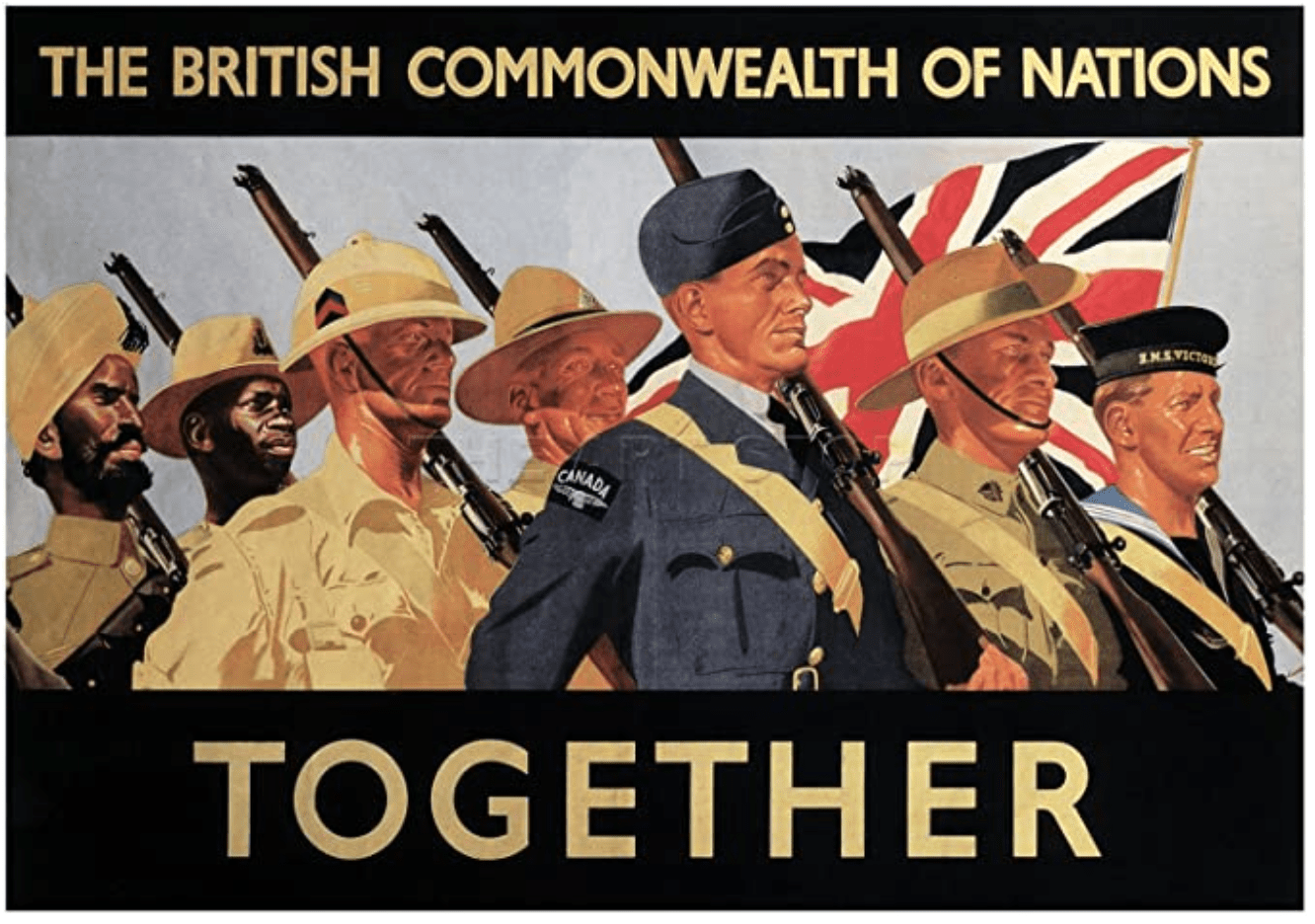
After the crushing defeat of British and French forces in France and the loss of war material during the evacuation at Dunkirk, the British were hurting for arms. They went shopping across the globe for guns, so much so that Americans even donated guns to them British.
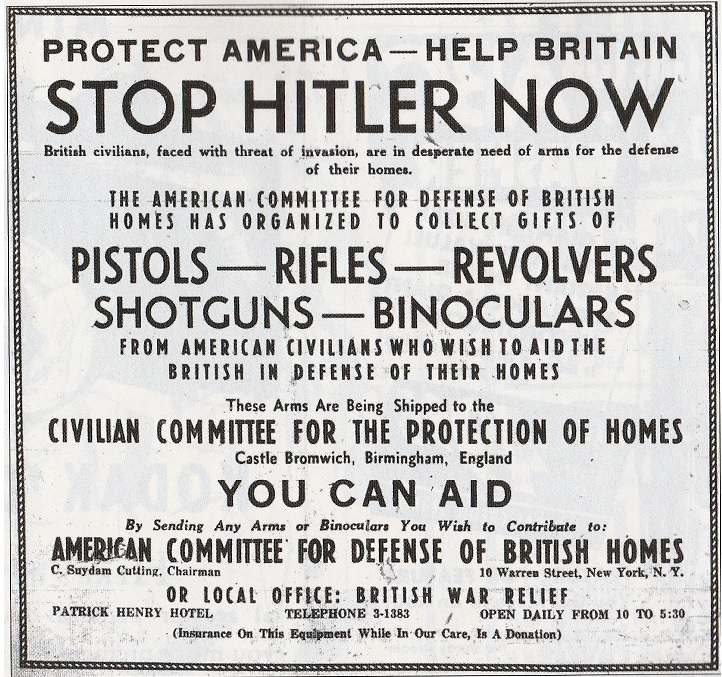
Between May of 1940 and June of 1941 a total of 49,764 Official Police revolvers in .38/200 were purchased by the British Purchasing Commission and shipped to the United Kingdom for use by British and Commonwealth armed forces as a substitute standard sidearm. These revolvers were assembled from commercial-grade parts, fitted with a lanyard ring, and bore British military acceptance markings.
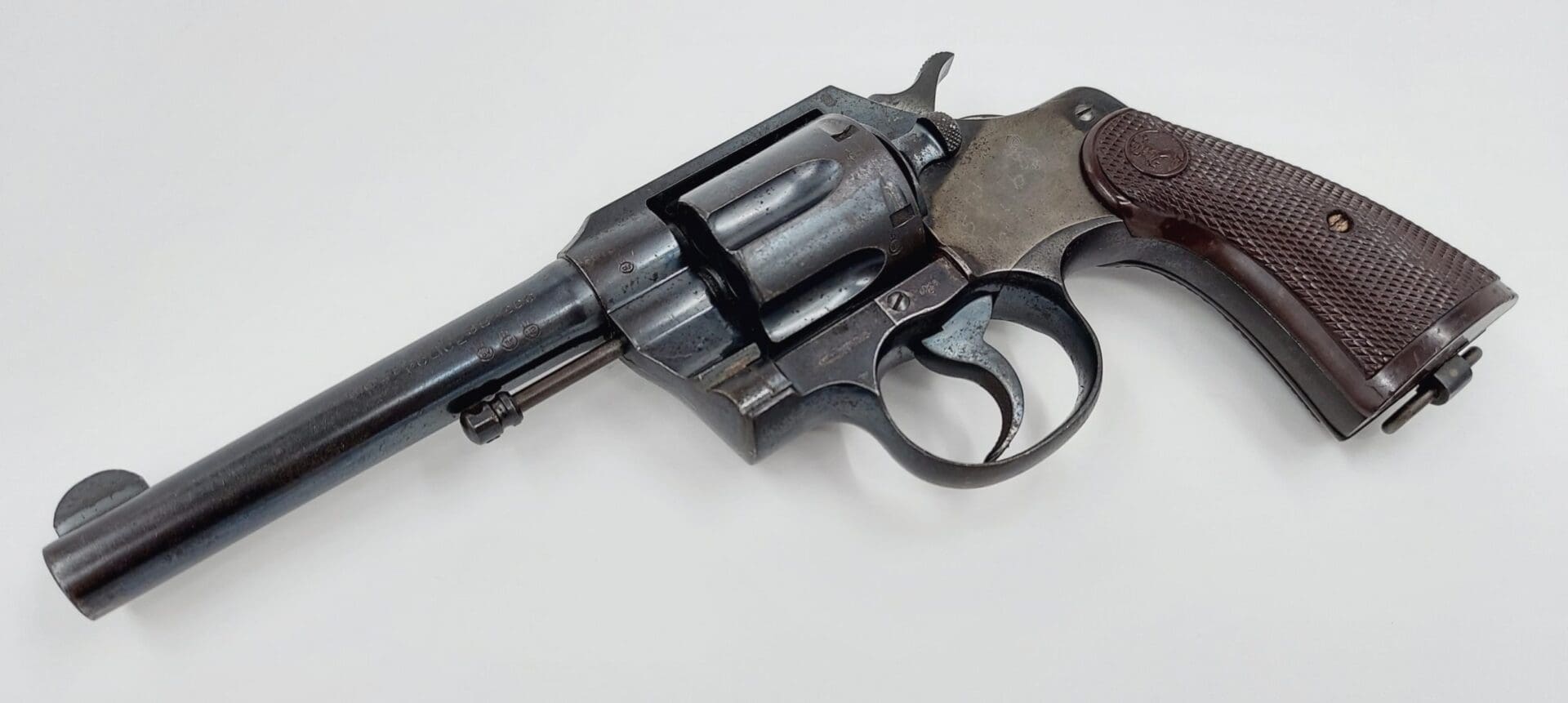
Smith & Wesson, meanwhile, was attempting to sell the Brits a 9mm carbine, but that was a failure. Since the British Government had already paid for those carbines and S&W didn’t want to provide a refund, they instead offered them their Military & Police revolvers as a replacement for the order.
Produced from 1942 to 1944, S&W made a total of 590,305 “Victory models” for the United Kingdom, Canada, Australia, New Zealand, and South Africa via the US Lend-Lease program.
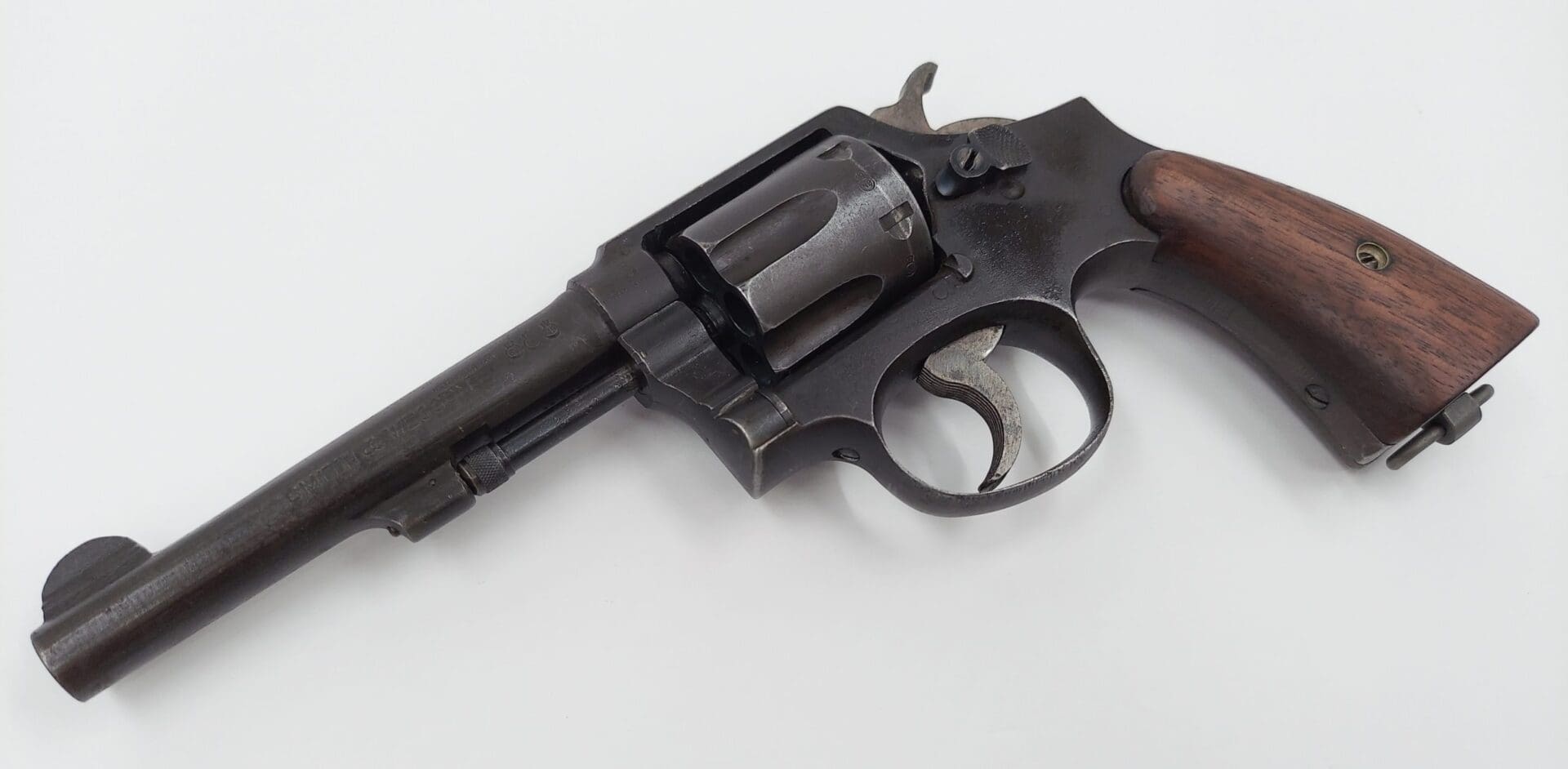
British and Commonwealth forces loved the guns. The triggers and actions were much smoother than the top-breaks they had in service. But in typical British fashion, since the guns weren’t British made, out they went as surplus after the end of the war. The top-breaks stayed in official service until 1963, all while better-designed American wheel guns were sold to shooters all over the world, many back in the US market.
Let’s take a closer look at the guns and their markings. First up is the Colt M1917.
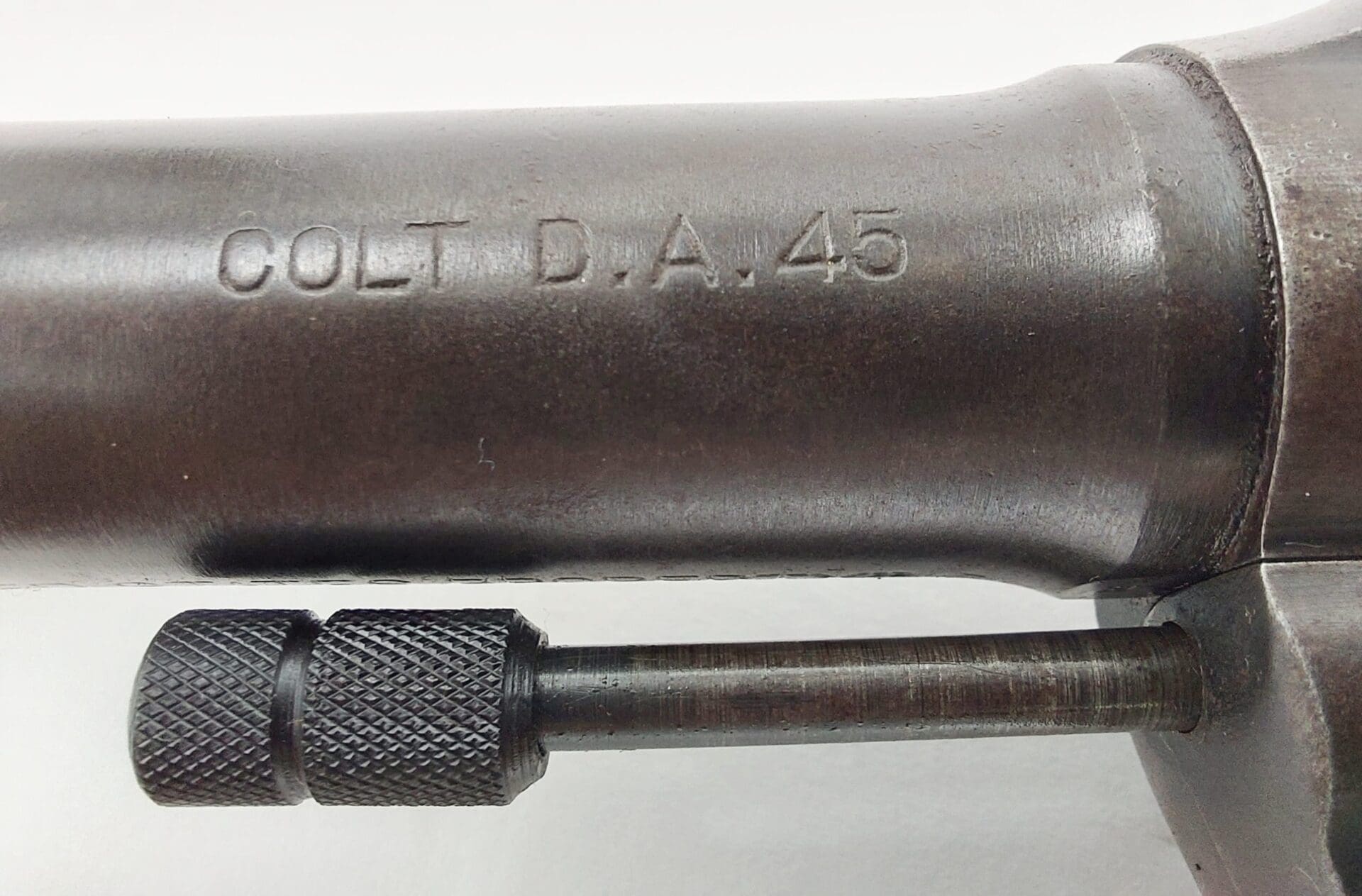
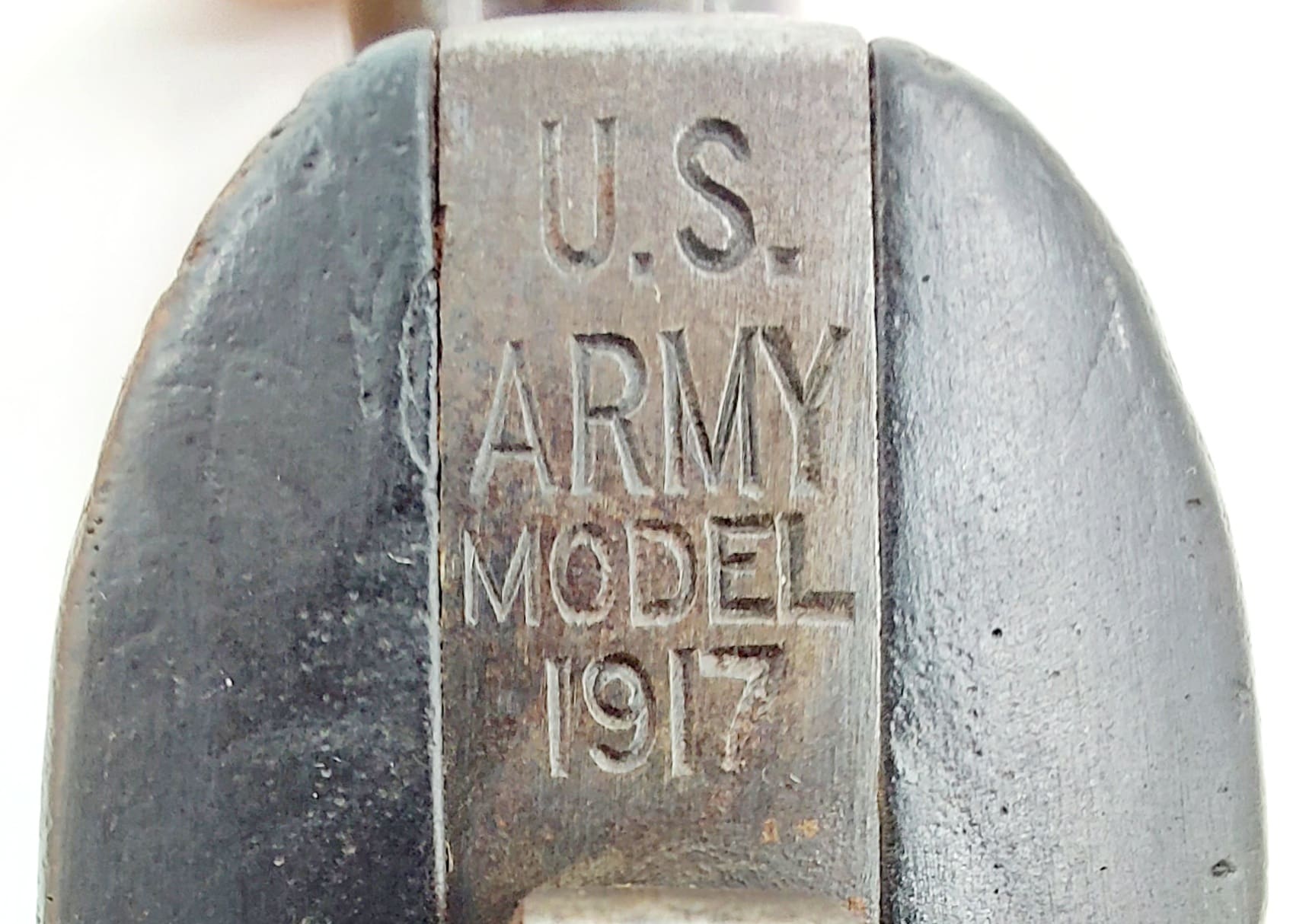
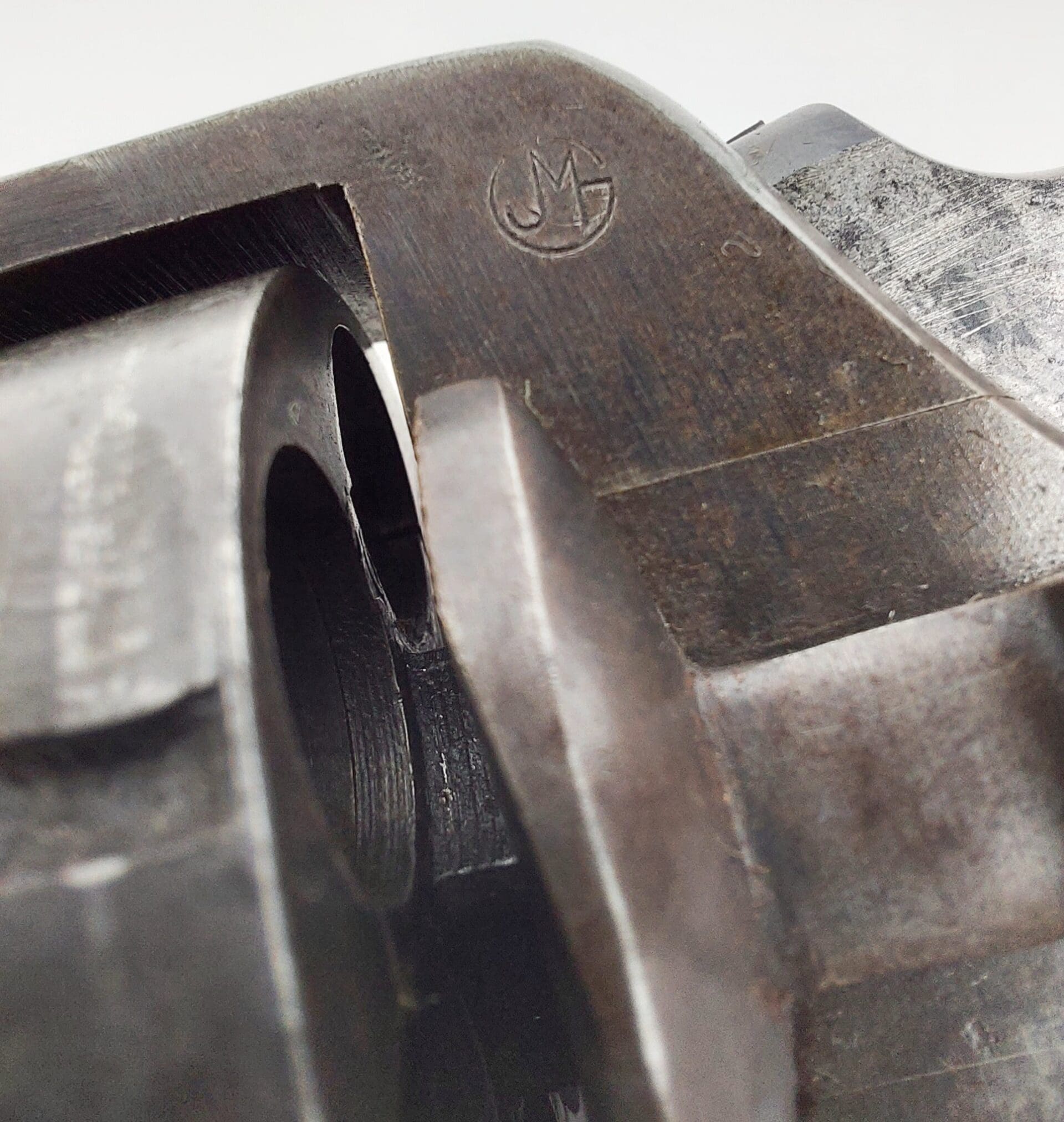
Here is the S&W M1917.
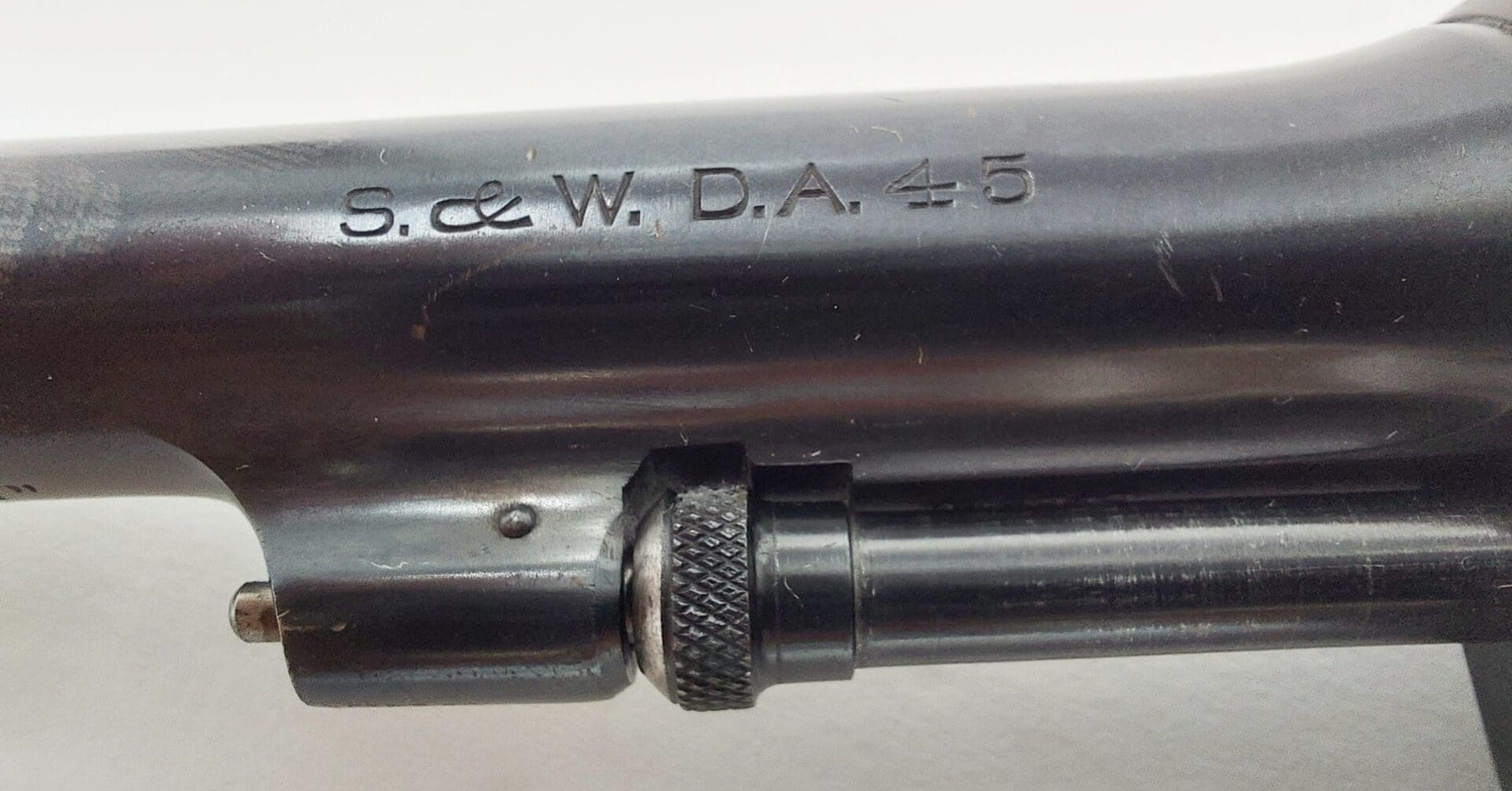
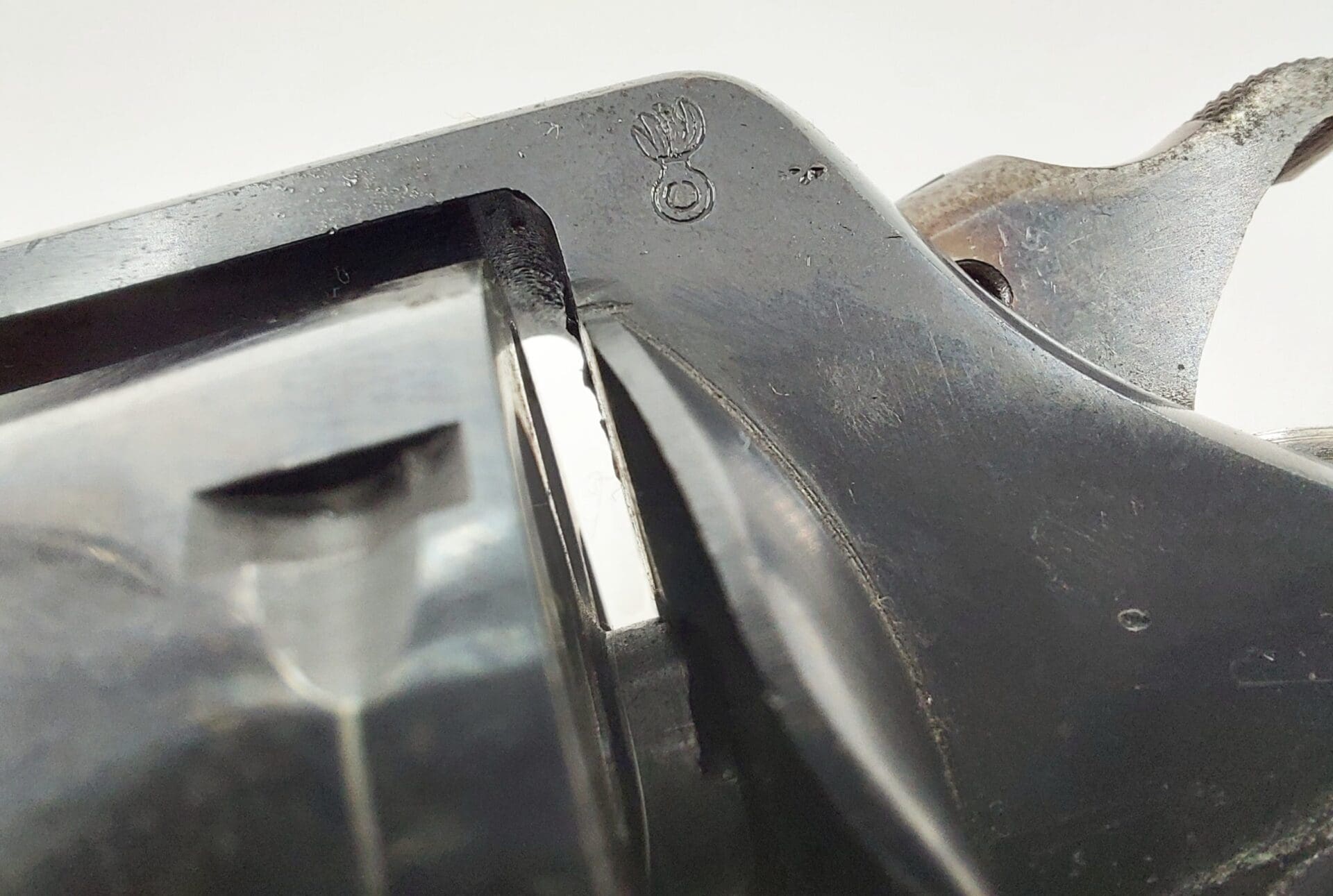
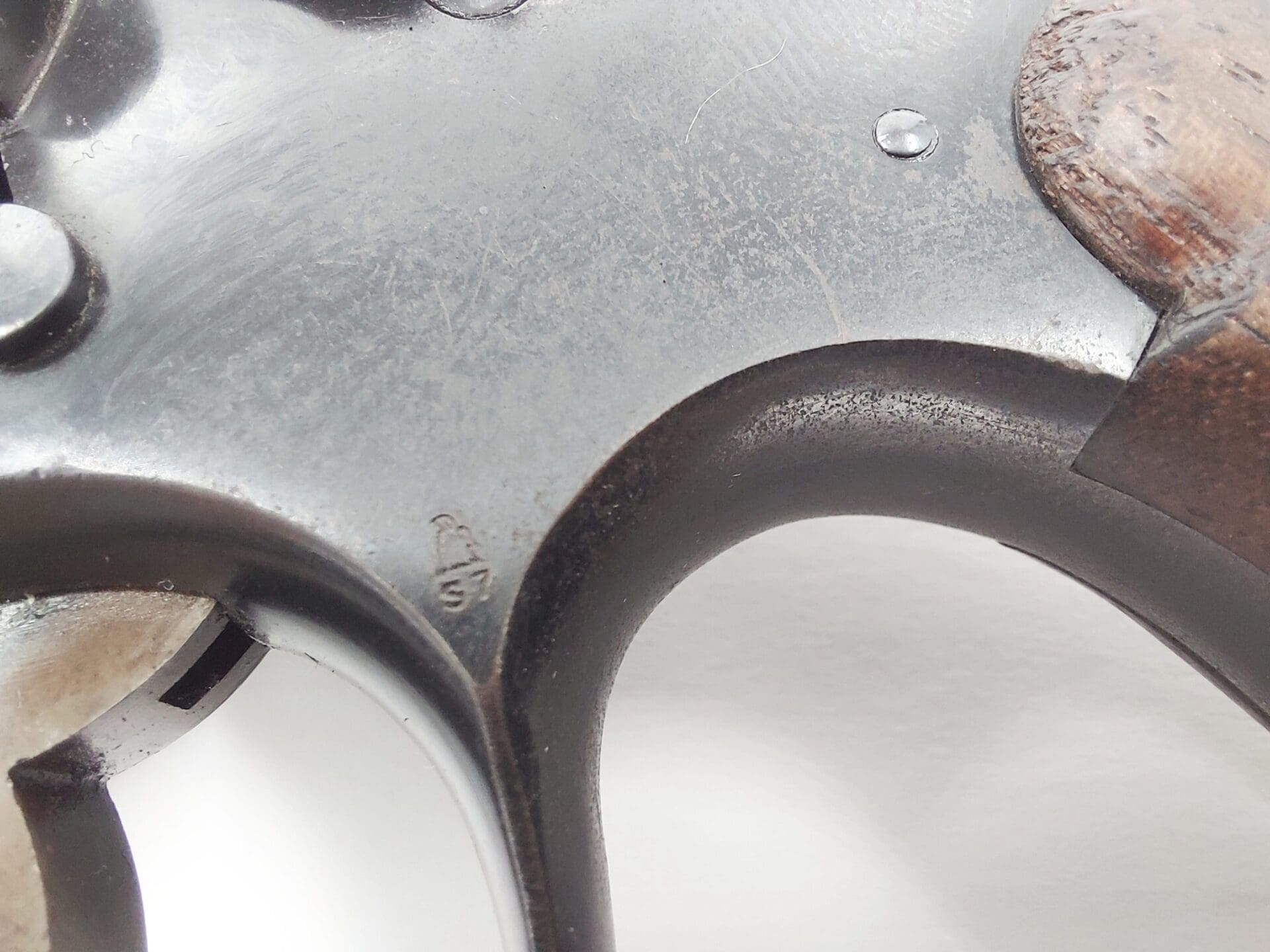
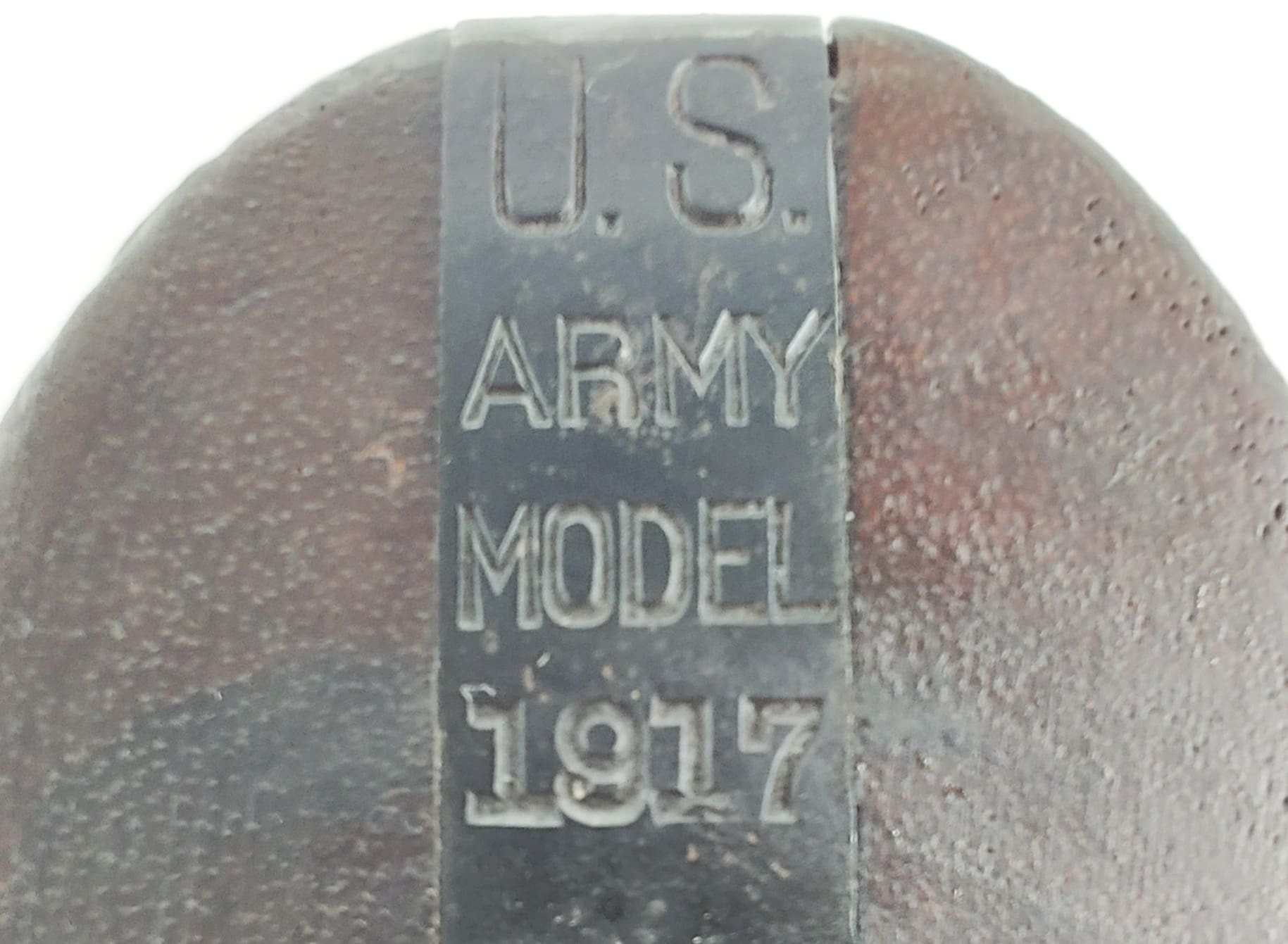
Followed by the Colt Official Police.
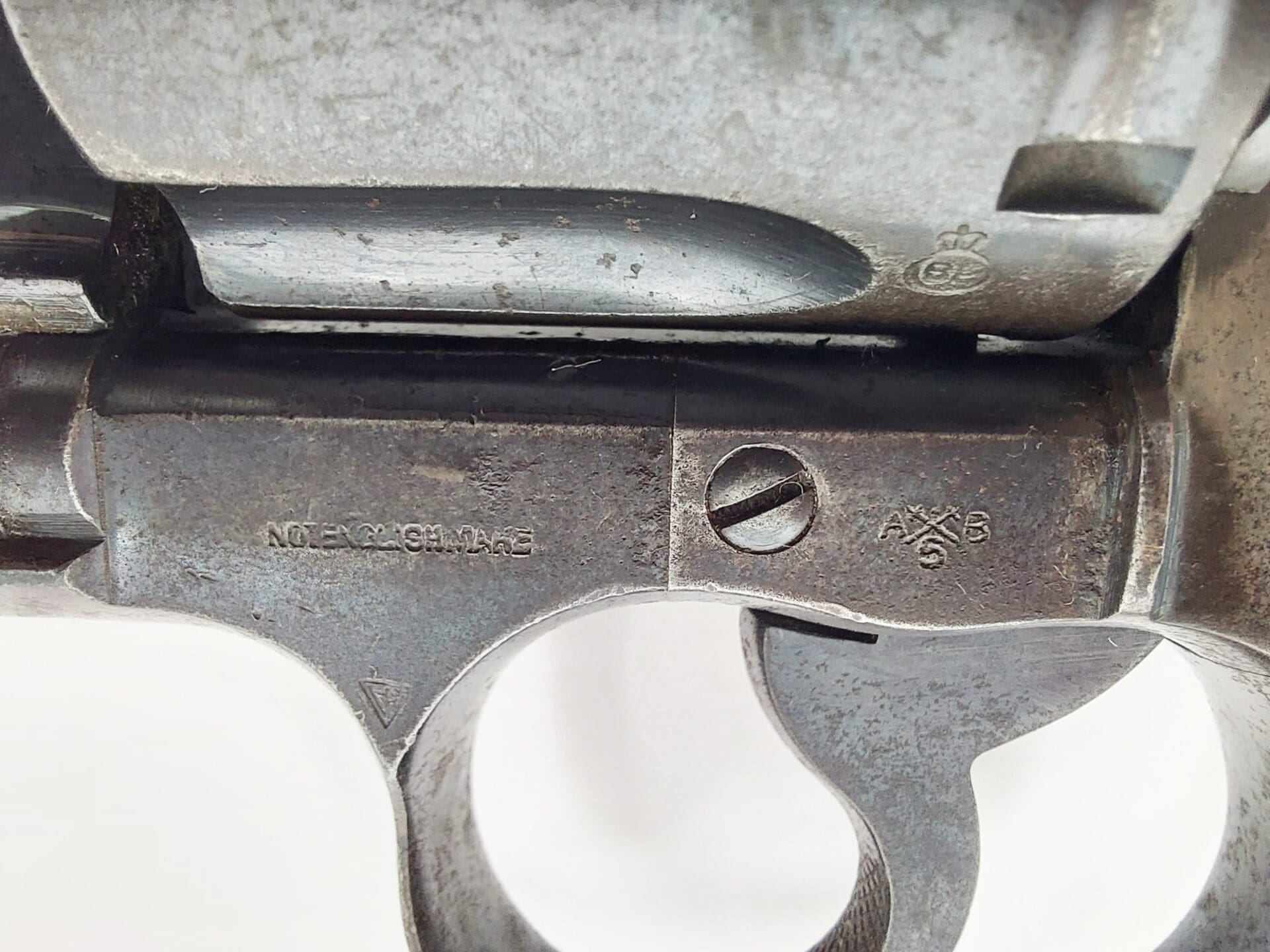
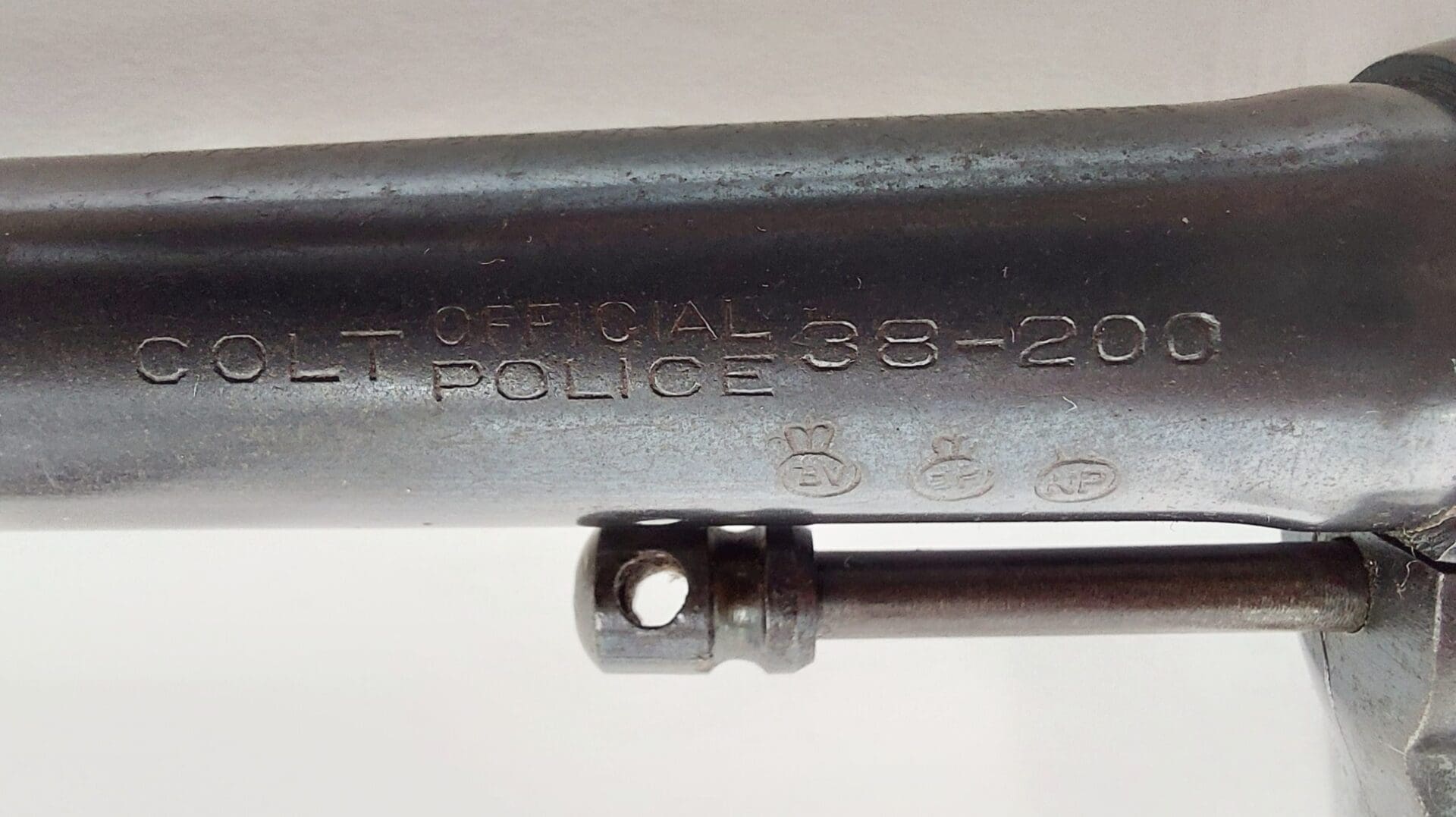
Last, but not least, the S&W Victory Model.
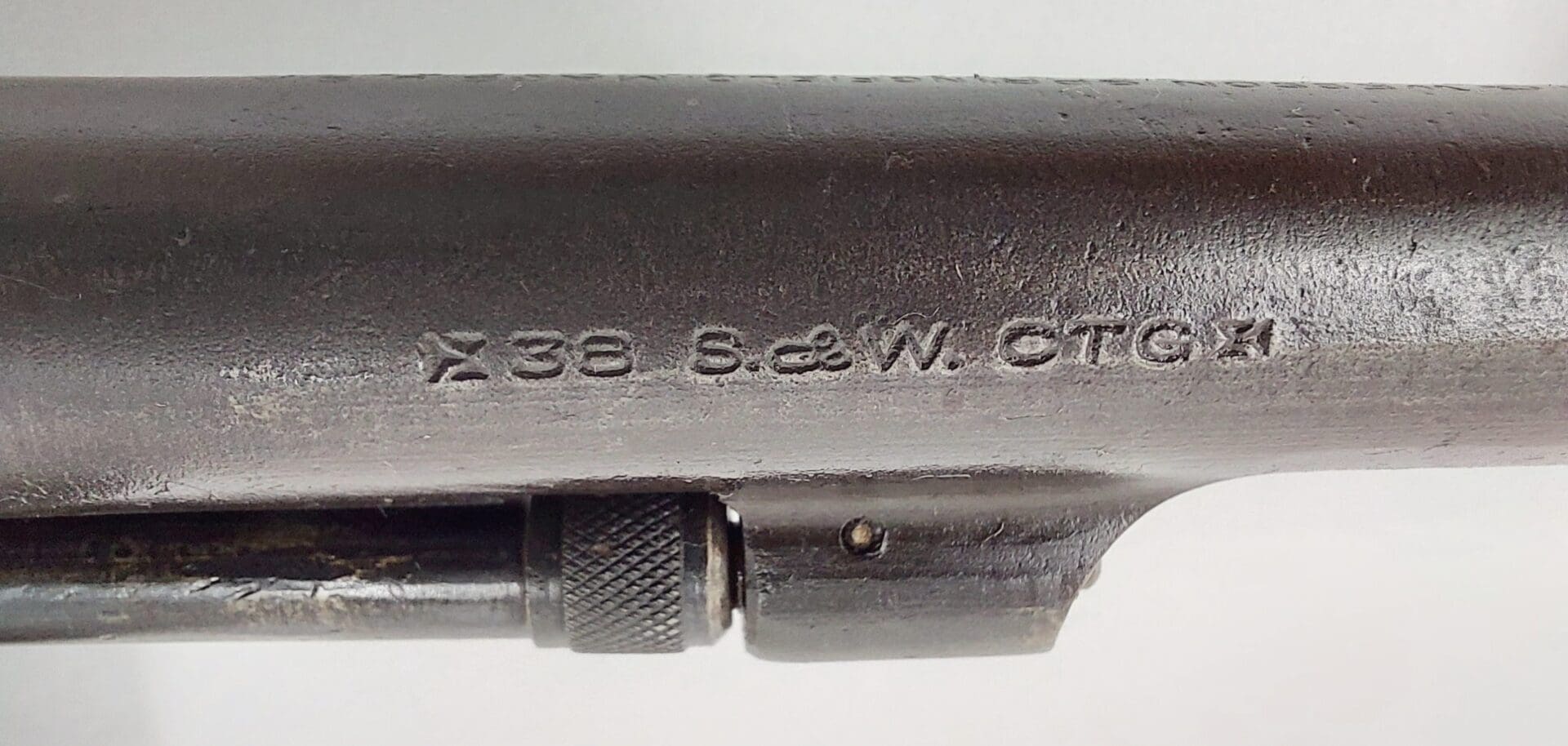
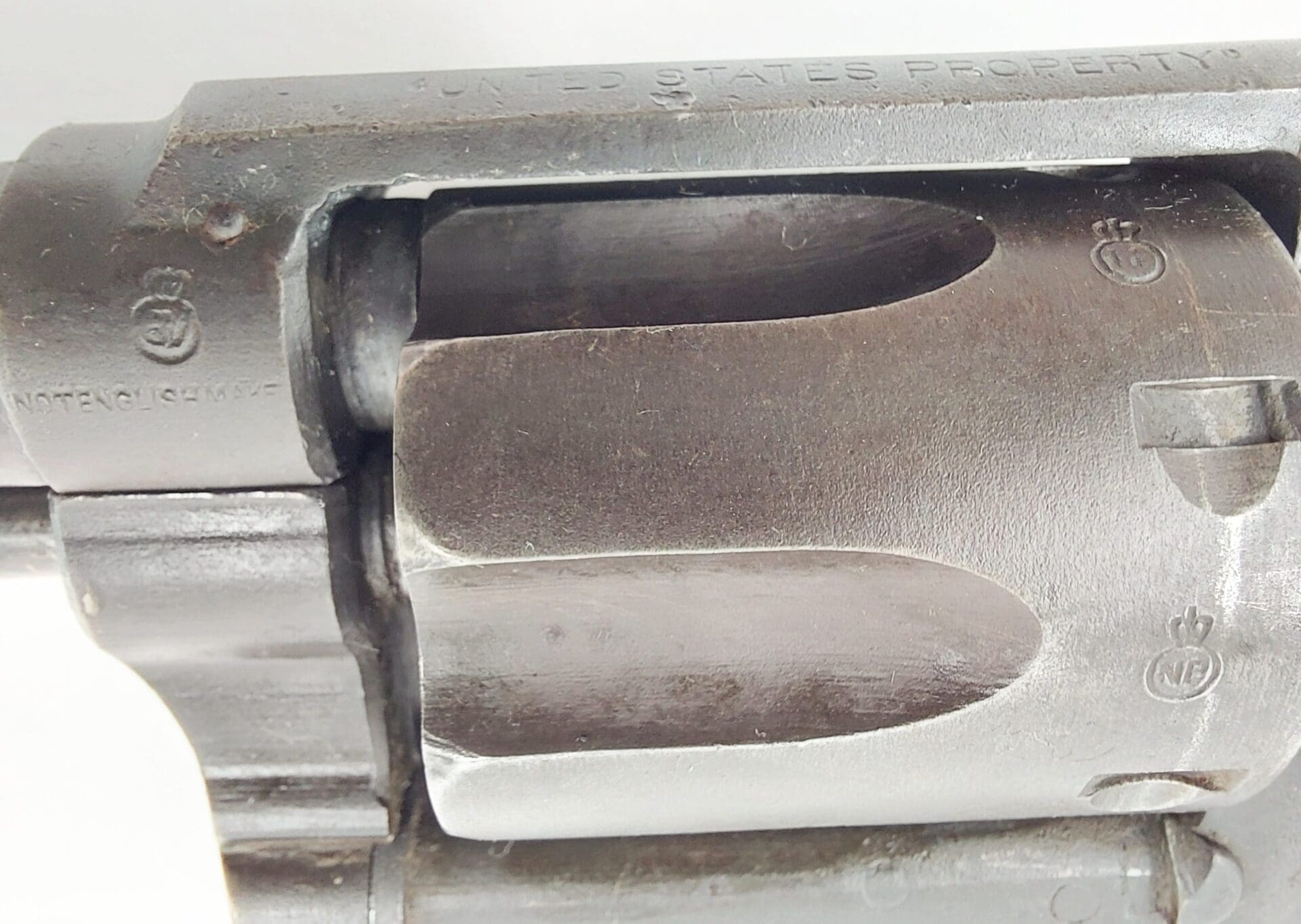
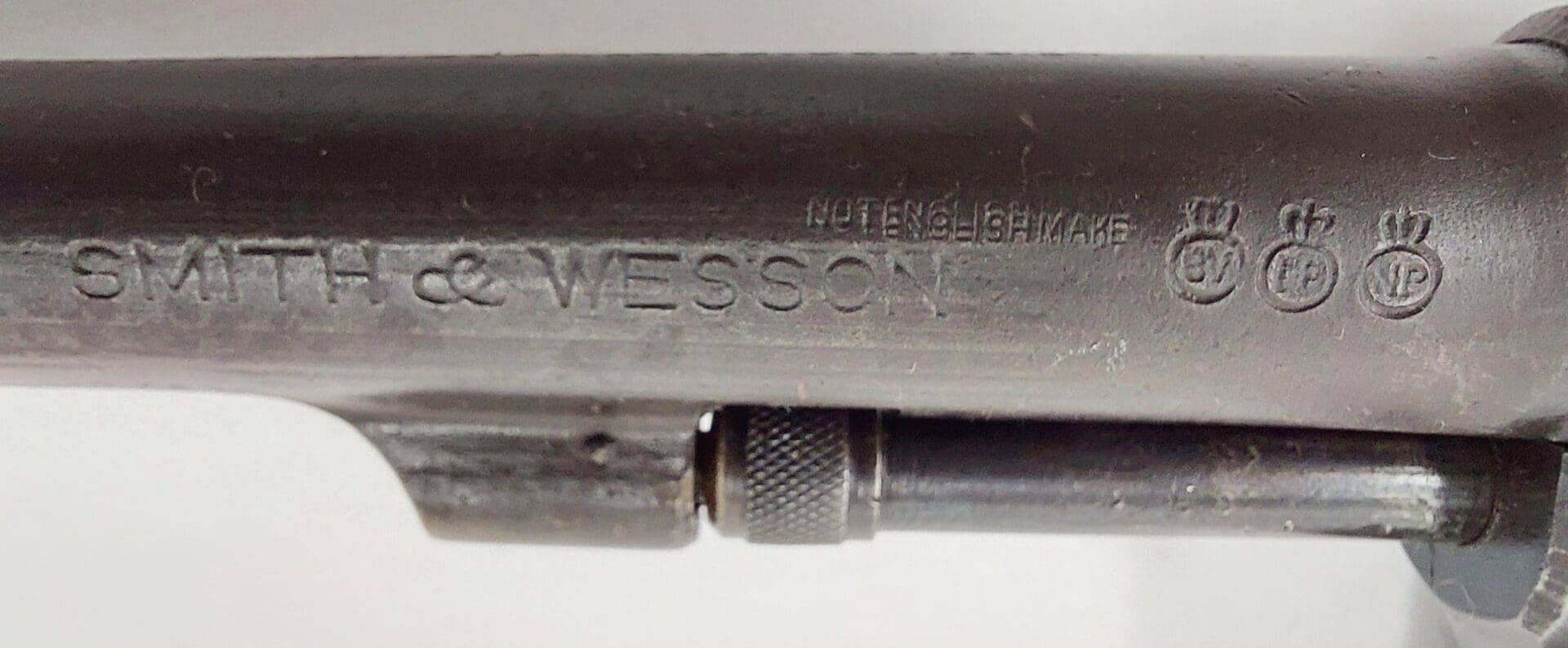
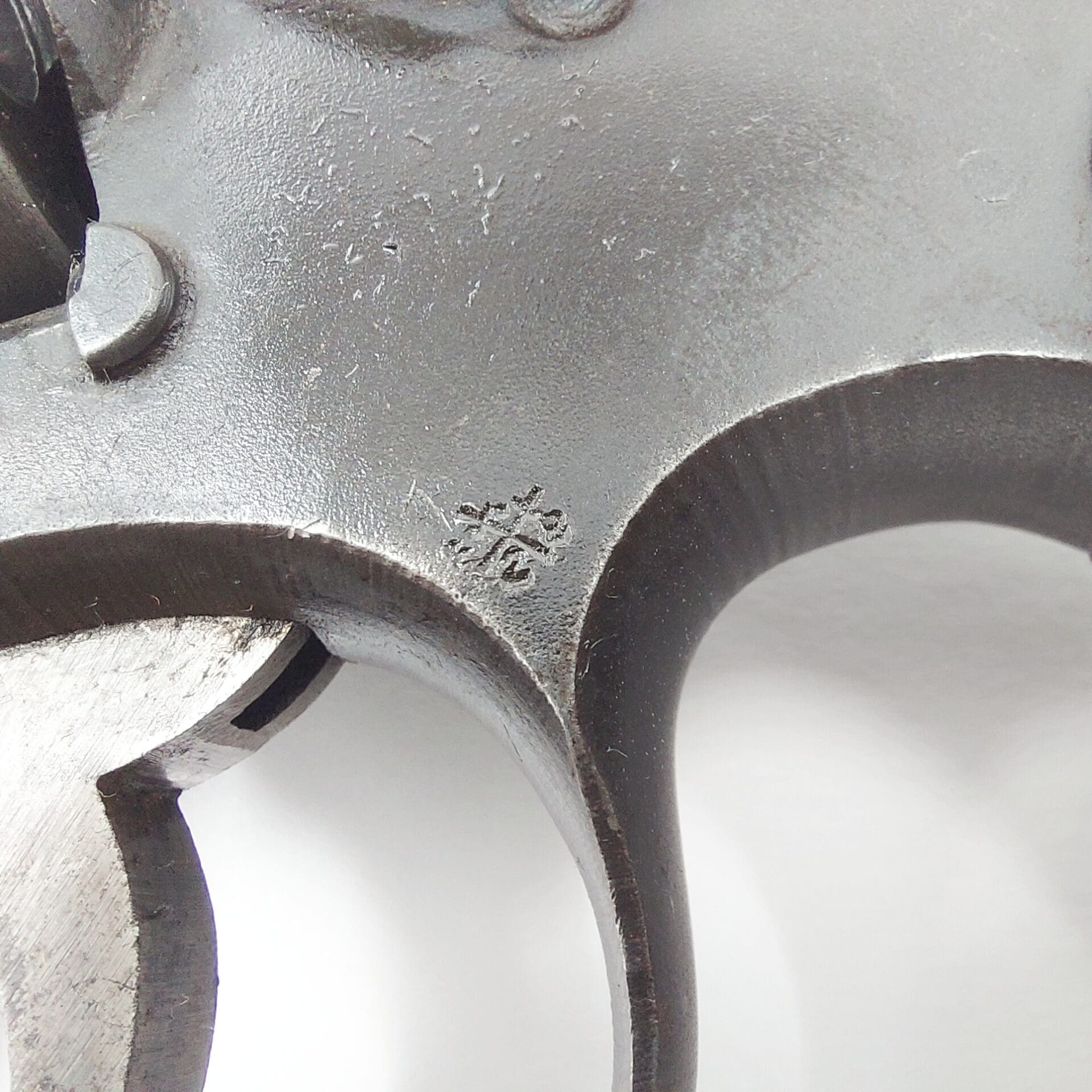
I picked up these guns for good prices over the years. Back then, milsurp revolvers weren’t in particularly high demand, especially the British lend-lease guns. The M1917s had a bit of a cult following, but in military collector circles, M1911s were much more popular. With the explosion in the popularity of M1911s, collectors started moving to snatch up the M1917s at a cheap price.
Now, even the British contract guns have gone up in price, but you can still find an occasional diamond in the rough, especially a British contract gun chambered in .38/200 since most mainstream shooters these days don’t want them.
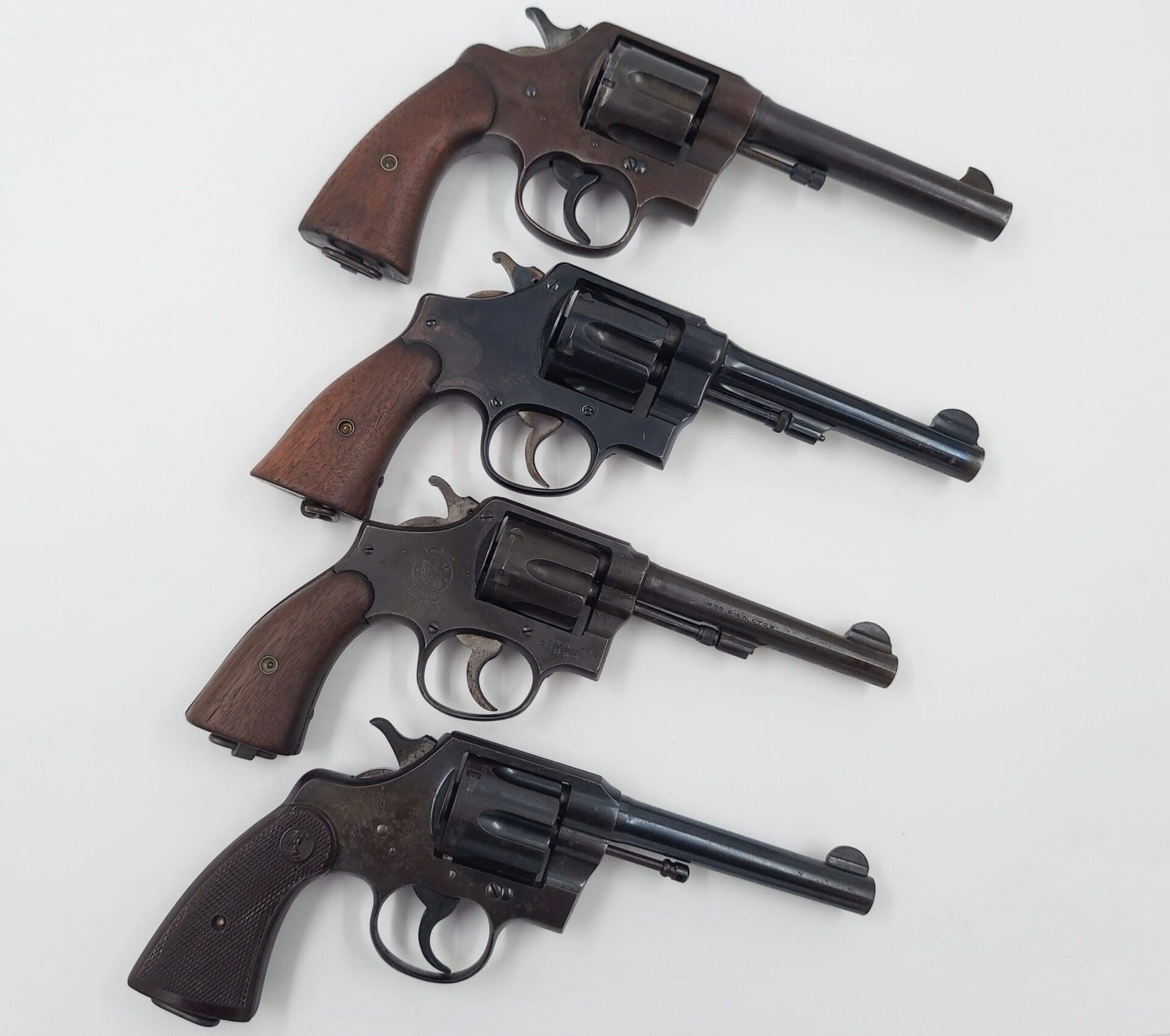
All in all, they’re excellent pieces to have in a collection that harken back to a far different time. I enjoy shooting them and they’re a hoot and a half, especially when you load .45 Auto-Rim in the M1917s and don’t have to worry about moon-clips.
Luis Valdes is the Florida Director for Gun Owners of America.




A bit of trivia, the Model 1917 .45 ACP and the 1911 were both used by Indiana Jones …
I stand corrected by the comments in the video. Indy’s backup is a 9mm Hi-Power.
Great article, either way.
A quick observation the Smith Model 1917 and the Colt 1917 although similar in size are much different guns. I am always surprised how much lighter the Smith is compared to the Colt.
Thanks for a great article.
Cool! Both of my grandfathers carried M1917s back just after WW1 one is a Colt and the other a S&W. I have both of them and they both still shoot. I also have a minty S&W Pre-model 25 (1955), a 45ACP S&W 625-6 Mountain Gun, and a 3″ S&W 625-3. There is a soft spot in my heart for 45ACP revolvers, you don’t have to pick up your brass, and they reload quicker than speed loaders in other chambering.
Kevin, you have some nice revolvers.
Kevin,
What you say is impossible because politicians keep telling us that firearms rapidly wear out and become non-operational!
Of course my comment above is sarcasm–much to the dismay of many/most politicians!
It’s not the firearms that rapidly wear out and become non-operational, it’s the clipazines; Once a clipazine is empty, it’s no longer good for anything, so when all of the clipazines are banned, eventually all of the clipazines that didn’t get banned in time will get emptied, and that will end mass shootings forever more.
Fact!
Now.. imagine if you will…a modern .45LC/ACP Ruger Redhawk so adorned, with a dovetail front sight and fixed trench rear, with a lanyard ring. Now imagine it in French Grey. Simple walnut grips.
Please Ruger…please.
As big of a Ruger fan-boy as I am, I was thinking please Uberti, please. Actual replicas made with modern manufacturing methods at a reasonable cost would be pretty cool. Probably not as popular as the cowboy shooting crowd makes the SAAs though.
Seems like I’ve seen a Bowen Custom made in that fashion.
I guess you can dream.
I own one of those M1917 US Army Colt D.A. 45. My Grandfather carried it in WWI.
Hardest to pull revolver trigger I’ve ever seen.
Have you learned how to disassemble and CLEAN it? Either something is wrong, or you’ve no experience with revolvers. There are one or two very good videos online.
trigger is (was) easy enough to pull once you’ve cocked the hammer back, but firing it by pulling trigger only requires quite the pull. Recently it fell and landed on the hammer and now it appears to be “out of time”. The cylinder won’t rotate correctly to align with chamber when the trigger is pulled . I cannot find nor know a gunsmith that will fix it for me. And Colt doesn’t repair them either. Likely just needs a simple part. Located some company that bought up all the old parts from Colt though. Can anyone recommend a Colt worthy gunsmith for me?
Then, you should try the double action trigger pull on my Nagant revolver. MOTHER OF GOD!!
What craftsmanship, even when they was banging them out.
There was another Smith & Wesson revolver that went to war in the 20th Century, a contemporary of the Model of 1917; Some 75,000 regular-production-style N-frame revolvers based on the Model of 1908 .44 Special, but in British .455 Webley service caliber were shipped between 1914 and 1917 to Britain in two major groups–about 800 .44 Triple Lock (1st Model) guns converted to .455, another 4000ish 1st Models that began as .455s, and another 70000ish 2nd Model or ‘MkII’ guns also made from the start in .455. These guns were finished polished bright blue, with checkered ‘commercial’ walnut grips, and were basically civilian guns in fit and finish. For this reason, these were regularly officer-carried-and-purchased guns, often supplied through the ‘Army & Navy Stores’ that catered to the officer class. All of these contract guns have multiple British proof and acceptance marks in various locations.
Just as with the 1917s, many were converted once surplused to accept .45ACP, or .45 Colt.
When I reported to my first unit as a newly minted WO1 scout pilot, in 1996, they were still issuing S&W Victory models in .38SPC. All were post WWII builds that I saw.
Everyone forgets that revolvers went to Desert Shield/Storm.
Just didn’t know it. Thought they did away with revolvers after Viet Nam.
Good info.
These very 1917 models were used by tunnel rats in ‘Nam–which you may have already known.
It wouldn’t be surprising if you were actually issued a ‘Victory’ model, although the gun would’ve been half a century old by 1996 (production ceased in 1945); The US government kept thousands in storage after the war instead of surplusing all of them, and they were issued to foreign governments and US aircrews well into the Vietnam era–so why not later? It’s not like they quit working.
The US Army did purchase S&W Model 10s (M&P .38 Special prior to 1957) in large numbers, which are pretty much identical to the ‘Victory’ guns except being satin blued with checkered commercial grips; The USAF purchased Model 15 Combat Masterpieces for their MPs and aircrews, also very similar to the M10 and ‘Victory’ except for having adjustable sights and a front sight ramp. Those were taken out of service starting in 1992, but some surely remained circa 1996.
I have a couple of 38 S&W Smiths.
One is a “US Property” marked, arsenal refinish I bought from J&G for $110. 5 inch barrel.
The gem is an early RAF-marked model in bright blue (well, it was once) with a 6 inch barrel.
They are great woods-loafing, around-the-place guns. Little recoil, low report, and will take most any varmint with my handmade.
I use Speer swaged lead 158 SWC and 148 DEWC made for 38 special. I laid for ~750 fps. I also use these in my 38 Terrier.
I need a 4 inch barreled Victory model or regulation police to round out my barrel lengths. I guess I could get a police positive, instead.
Great fun….chance to have a long action S&W for not a ton of money.
I used to seat wad cutters backwards. Expansion a lower velocity.
my brother bought a ’17 colt in .45acp after he returned from korea. he says he purchased it at a sears store for $25, real money in the fifties.
Great article and history. Nice examples in your collection too.
Thank you
I remember as a 12 year old kid in 1957, while visiting relatives in Miami, FL, I visited a gun shop. There, in a glass display case were at least a dozen surplus .45 revolvers. Price was $25, a good price even in 1957 dollars. Equals about $236 today.
Comments are closed.